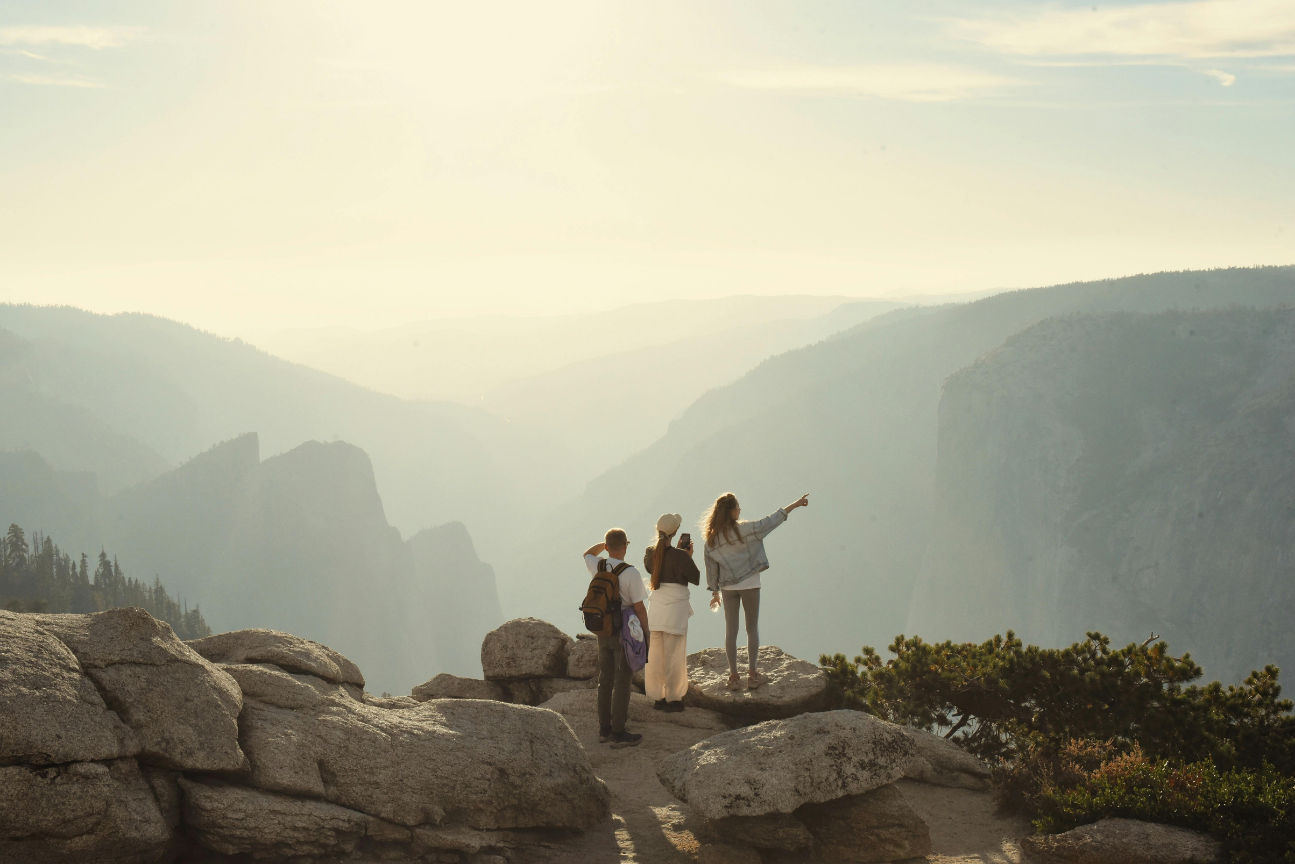Americans can't seem to break away from their smartphones. In the U.S., mobile usage now accounts for 51% of digital media time. And that trend continues to seep into the travel industry, as mobile bookings now make up 40% of all transactions for travel businesses. In other words: It's very likely that potential customers can be looking to book campsites while hiking into town.So it's time to start taking strides to attract these on-the-go travelers. Luckily, this won't take thousands of marketing dollars to accomplish. A few small-scale tactics will help you find the campers you're looking for, and more importantly, help them find you.
Be smartphone friendly
There's little use in having an amazing website if it doesn't work on smartphones. At the very least, make sure that all the important information—like your location, contact details, and opening hours—is easy to find. This is likely the key information potential customers will be searching for.You'll also want to optimize your most popular site pages. (The information you'll need to do this can be examined in your site analytics, including what pages visitors are landing on when they first come to your site, whether they are using a mobile or desktop, how long they spend on each page, and much more.)But perhaps the most important feature to make mobile friendly: your booking page—and online reservation software, such as Peek Pro, will let your campers do this by incorporating mobile booking options right into your website.
Make sure all your important information is easy to find on your mobile site
Social media is your best friend
Today's campers are no strangers to technology. This means that there is a very heavy reliance on social media to find information, ask for suggestions, and share opinions with the world. In fact, Forbes recently reported that one-fifth of leisure travelers worldwide turn to social media platforms for inspiration for their travel planning, with Facebook at the top of that list. Research for ADARA further shows that up to 50% of those travelers are booking their trips last minute. This is where the immediacy of social media can come in handy!By using a thoughtful social media strategy, you can ensure that you find a much larger number of new and returning customers than if you had kept all of your marketing efforts completely offline. Keep your Facebook page up-to-date with relevant information, respond to comments quickly, and generally, be a friendly face for the traveler that is breezing through your area.
How to become more search friendly
There are a few things you can do to make sure that your campground is more search friendly when it comes to Google. As mentioned earlier, you have to make sure you give visitors what they're looking for. Write clearly, and think about what words users would type in to look for what you offer (such as "campground near [location]). Make sure other sites link to yours when possible. Are you friendly with the local kayak rental company? Ask them to link to your campground. Create a helpful, information-rich site, and let Google do the rest.
Don't be afraid of geolocation
One of the joys of having a smartphone is the ability to use the device as a map. Today's smartphones have a GPS chip inside, which uses satellite data to calculate its exact position. Services like Google Maps can then map out the area using this location.This means that geolocation apps essentially do two things: they report a user's location to others, and they associate real-world locations (like your campground) to others who happen to be in the area. As a campground owner, geolocation can be a powerful tool in your marketing toolkit. Tapping into geolocational features—such as paying to advertise to people searching Google for campsites in your area, or making your location obvious to all by having an address visible on your site and a Google Maps listing—can help potential campers find you when they are nearby, desperately in search of a well-reviewed campground in their vicinity.With more and more travelers booking their trips and amenities from their smartphones, it's important to make sure you're doing all you can to capture this on-the-go market. From making your site more mobile friendly to taking advantage of geolocation services, you can take a few easy steps to begin increasing these last minute booking.












